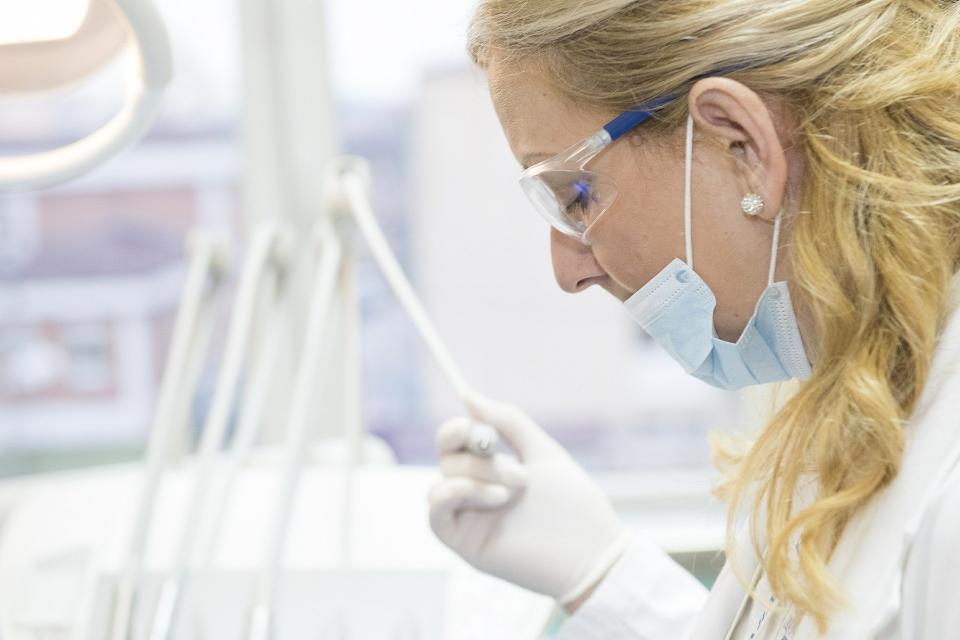Smear test UK: How often should you get a cervical cancer screening? What is HPV?
Most women would have been told at some point in their lives to get a smear test - so why are so many missing out?
Data suggests three million women across England have not had a smear test for at least three-and-a-half years.
This means screening rates are at their lowest for two decades.
Public Health England have said it was "concerned" by the fall.
In the UK, 220,000 women are diagnosed with cervical abnormalities each year and there were 854 deaths from cervical cancer in England in 2016.
Here's everything you need to know about smear tests and why they are so important:
What is a smear test?
A smear test - or a "cervical screening" as it's now known - is a way of detecting abnormal cells on the cervix.
Screenings are important because detecting these abnormal cells can help prevent cervical cancer.
Since the screening programme was introduced in the 1980s, the number of cervical cancer cases has decreased by about 7% each year.
How can HPV cause cervical cancer?
Changes in the cervix are almost always caused by the human papilloma virus (HPV).
There are more than 100 types of HPV and around 30 types affect the genital area.
Some types of HPV are low-risk, linking to conditions like genital warts and others are high-risk and can cause cervical cancer.
Most cervical cancers are caused by high-risk types HPV-16 and HPV-18.
At what age are smear tests offered to women?
Screenings are offered to women over the age of 25 who are registered with a GP.
Cervical cancer is very rare for women under 25, which is why screenings are not offered to women under this age.
Women under 25 could be invited up to 6 months before their 25th birthday.
How often should you get a smear test?
It depends on your age.
For women aged 25 to 49, it's every three years and for women aged 50 to 64, it's every 5 years.
Women aged over 65 are only invited for screenings if they have recently had abnormal tests.
Do you need to get a smear test if you've had the HPV vaccine?
Yes - just because you've had a HPV vaccine does not mean you'll be protected against all strains and can therefore still develop cervical cancer.
Because the HPV vaccine, which has been offered to girls aged 11-13 since 2008, is still relatively new, it's not yet known how effective it is.
So it's always a good idea to schedule a smear test even if you've had the HPV vaccine.
Do women who have sex with other women need a smear test?
It's a myth that lesbian, bisexual and other women who have sex with women don't need smear tests.
Last year, a study by the National LGB&T partnership found that 37% of women who have sex with other women have been told they are not required to get a smear test.
But since HPV is passed through intimate skin-to-skin contact - women who have sex with other women are advised to get a smear test, too.

 Yahoo News
Yahoo News 

